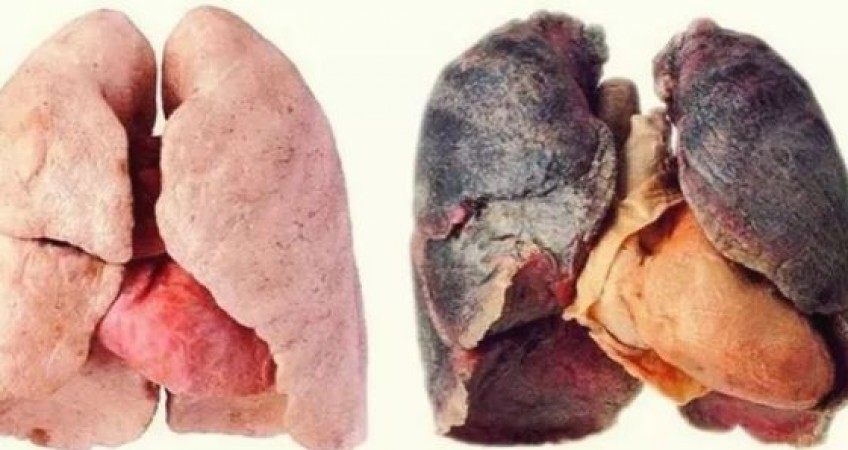
In a world where habits often intertwine with health, the impact of smoking on the lungs remains a subject of great concern. Let's delve into the intricacies of this matter, exploring the nuances of lung health in individuals who choose to smoke.
Smoking, beyond being a mere act, is a complex interplay between the individual and the intricate respiratory system. It involves the inhalation of a concoction of harmful substances, each puff introducing a variety of toxins to the body.
Smoking is not just a momentary indulgence; it's a gradual process that takes a toll on the lungs with each inhalation. The cumulative effect of smoking cannot be understated, as it incrementally weakens the respiratory system.
To comprehend the impact on lung health, it's vital to identify the harmful components in cigarette smoke. Nicotine, tar, carbon monoxide, and a myriad of other chemicals are the culprits responsible for the assault on the delicate pulmonary structure.
With each drag, the lungs are immediately exposed to a barrage of toxins and irritants. The rapid absorption of harmful substances initiates a cascade of reactions within the respiratory system.
The body's initial response to the intrusion of harmful substances is often manifested through coughing. The cough reflex serves as an early warning system, signaling that the lungs are facing an assault.
The relentless exposure to cigarette smoke contributes significantly to the development of Chronic Obstructive Pulmonary Disease (COPD). COPD encompasses conditions like chronic bronchitis and emphysema, leading to persistent respiratory issues.
The link between smoking and lung cancer is undeniable. Cigarette smoke contains carcinogens that, over time, can lead to the formation of malignant tumors within the lungs, making lung cancer a prominent threat among smokers.
The first step towards lung health involves quitting smoking. The benefits of smoking cessation are profound, with improvements in lung function, reduced risk of respiratory diseases, and an overall enhancement in well-being.
One might wonder if the damage done to the lungs is irreversible. However, studies suggest that the lungs possess a remarkable regenerative capacity, and quitting smoking can pave the way for the gradual healing of lung tissues.
Prevention plays a pivotal role in maintaining lung health. Educating individuals about the dangers of smoking, implementing anti-smoking campaigns, and creating smoke-free environments are crucial preventive measures.
Promoting lung-friendly lifestyles involves not only quitting smoking but also adopting habits that support optimal respiratory function. Regular exercise, maintaining a healthy diet, and avoiding environmental pollutants contribute to overall lung well-being.
In conclusion, the health of a smoker's lungs is a delicate balance, easily disrupted by the habit of smoking. Understanding the intricate dance between smoke and the respiratory system is crucial for making informed decisions about lung health. Remember, the journey to healthier lungs begins with the first step – a decision to quit smoking and embrace lung-friendly habits. Let's breathe easy and prioritize our respiratory well-being.
PM Modi Strongly Condemns Civilian Casualties in Israel-Hamas Conflict, Announces AI Summit
Masala Peanuts: Make masala peanuts in winter, everyone from children to the elderly will like it
MP Assembly Election 2023: Key Contenders, Crucial Battlegrounds, and More